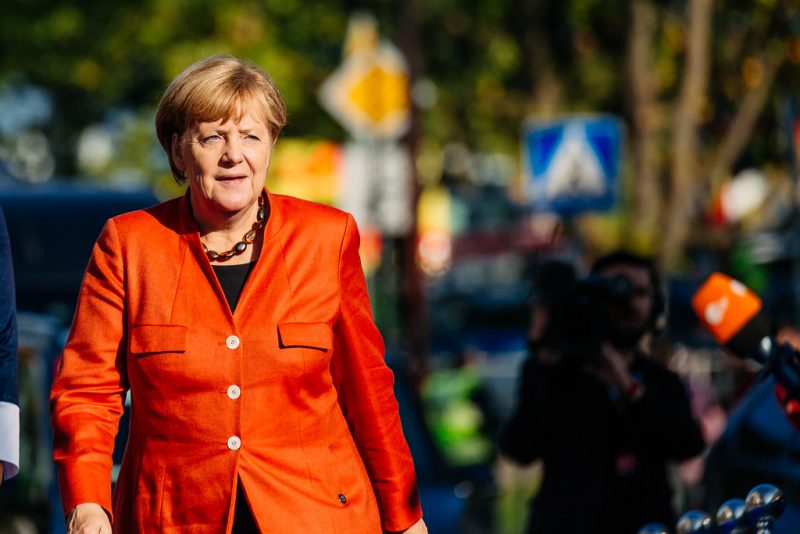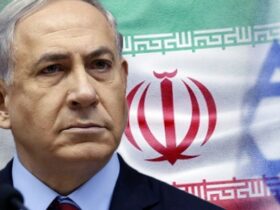Although the US has for some time set the global political agenda and decided the opinions of the international public, the country has recently begun to lose its hold as a new and unpredictable international geopolitical situation emerges. The US began to lose its grips as a result of the “realist foreign policy” orientation adopted by President Donald Trump. Washington’s stark unilateralism backfired in the wake of the coronavirus pandemic and has continued in the form of wide-spread and chaotic protests against racial discrimination.
In parallel with the erosion of power experienced by Washington, the country has lost its claim to moral superiority in terms of human rights, democracy and freedom, which has emboldened its enemies in turn. In this context, the atmosphere of change in Germany, the carrier column of Europe, proves that all is not quiet on the Western front.
MERKEL DISTANCES HERSELF FROM TRUMP
German leader Angela Merkel rejected Trump’s G7 Summit proposal in Washington regarding the coronavirus outbreak, an action which proved to be something of a pandora’s box. Merkel, who did not want to normalize Trump’s stubborn attitude regarding the fight against the epidemic, also referred to the slaying of George Floyd as a murder, ahead of the official decision in the US courts.

Flickr
Merkel brought up a variety of legitimate grievances during the meeting. The Wall Street Journal said that the German leader more or less ignored Washington’s representatives. The US’ withdrawal of 9,500 of its 34,500 soldiers in Germany can be read as a sign of the discomfort in the states: as a matter of fact, even though Washington criticized Berlin’s insufficient contribution to the NATO budget, it has not moved forward with any of the measures it claimed it would undertake in order to address the issue.
US CREDIT IS MELTING IN THE GERMAN COMMUNITY
There is no doubt that the attitude of the country’s leadership in Berlin is accepted by voters. While the German magazine Spiegel recently put Trump on its cover with the phrase “Arsonist”, 73% of the German citizens who participated in the survey of the Körber Institute stated that their attitude towards America was negatively impacted by the epidemic.
Commenting on the results of the survey for Foreign Policy, Körber Institute Foreign Relations Manager Nora Müller said that “America is experiencing a free fall after the new type of coronavirus” and, on the other side of the equation, the acceleration of relations with China is drawing a lot of attention. While 37% of survey participants considered America to be an important partner, China was close to closing the gap for the first time with 36%.
CONTACT BETWEEN BERLIN AND BEIJING
Merkel gave a statement to the Financial Times newspaper saying she opposes the idea of burning bridges with China, adding that Beijing would not be seen as a “threat” just because of its economic success. The chancellor also made diplomatic contact with Chinese President Xi Jinping.
Meeting for the third time since the outbreak of the pandemic, the parties highlighted common denominators, emphasizing the importance of free trade and supporting international institutions such as the World Health Organization (WHO). German Foreign Affairs Minister Heiko Mass hailed China as “the superpower of the future”, stating that a consistent policy should be introduced in regards to the country. He did not neglect to reserve space for continued bilateral relations.
On the other hand, Beijing has taken the importance of Germany in the Eu into account. At the same time, China’s concerns go beyond the borders of Berlin, and concern the continent as a whole.
Speaking during the recent ‘Two Sessions’, the two most important political summits in China which were recently held, Foreign Minister Wang Yi underlined that problems of trust can be overcome through constructive dialogue, proposing a “strategic partnership” with Europe. In this context, it will not be surprising to see the Beijing administration coming prepared for the next EU-China summit with concrete proposals.

















Leave a Reply